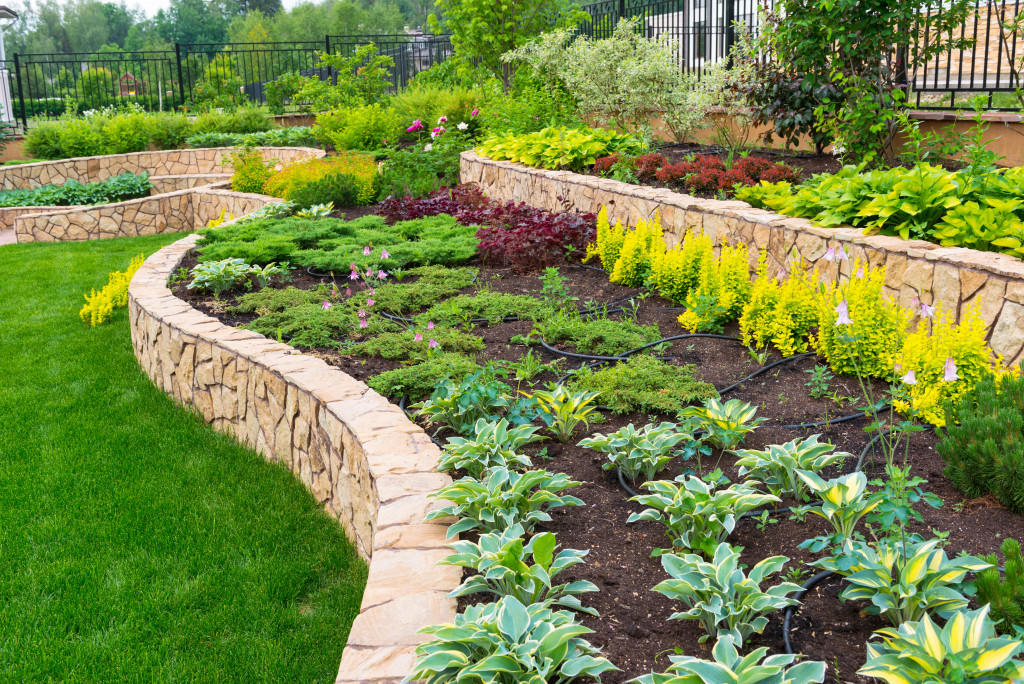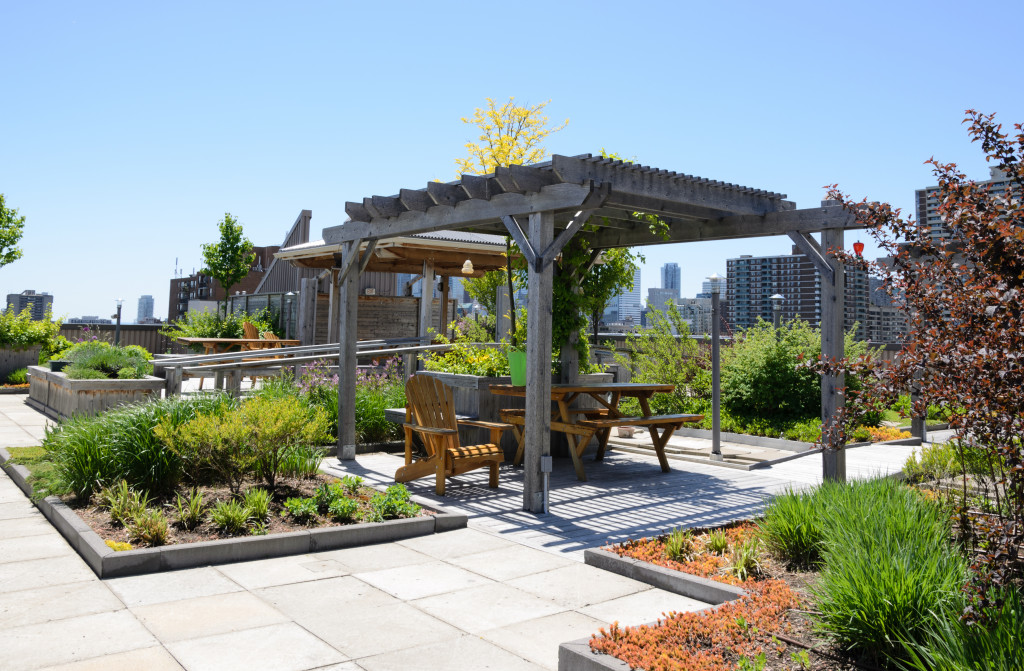Is your garden feeling the heat this summer? Many homeowners are looking for ways to make their gardens more energy efficient and reduce their energy bills. Luckily, there are many simple and affordable steps to make your garden more sustainable. This blog post will explore five easy ways to make your garden more energy efficient.
Use energy-efficient gardening tools.
Most people don’t think about how much energy to maintain a garden. From running the lawnmower to watering the plants, gardens can be a real drain on resources. But there are some simple ways to make your garden more energy efficient. For starters, try using manual tools instead of powered ones. This might mean investing in a push mower, but it will save you money in the long run. You can also save energy by using a rain barrel to collect rainwater for watering your plants. And finally, choose native plants that are adapted to your local climate. These plants will require less water and maintenance, making them a more sustainable choice for your garden. By following these simple tips, you can make your garden more energy-efficient and help to protect the environment.
Work with an energy management company.
As we all become more aware of the need to conserve energy, it makes sense to look at our gardens closely and see how we can make them more energy efficient. One way to do this is to work with an energy management company. They can help you assess your garden and develop a plan to make it more energy-efficient. This might involve installing solar panels or wind turbines or simply making some simple changes to the way you garden. For example, they might suggest planting trees or shrubs that will provide shade in the summer or using water-wise plants that don’t require as much watering. By working with the experts, you can make your garden more energy-efficient and help save the planet – and your wallet!
Choose native plants
 Every garden enthusiast understands the importance of good soil in growing healthy plants. It provides nutrients and supports roots, but it also helps regulate moisture levels and prevent weed development. However, the ground may be rapidly eroded by wind and water, damaging plant life and making it more difficult for new seedlings to establish themselves. Maintaining a healthy lawn is one approach to help prevent soil erosion. Grassroots aid in soil retention, while the dense weave of blades aids in wind and water deflection. Lawns also assist in delaying rainwater runoff by slowing down its flow, allowing the ground time to absorb the water before it runs off.
Every garden enthusiast understands the importance of good soil in growing healthy plants. It provides nutrients and supports roots, but it also helps regulate moisture levels and prevent weed development. However, the ground may be rapidly eroded by wind and water, damaging plant life and making it more difficult for new seedlings to establish themselves. Maintaining a healthy lawn is one approach to help prevent soil erosion. Grassroots aid in soil retention, while the dense weave of blades aids in wind and water deflection. Lawns also assist in delaying rainwater runoff by slowing down its flow, allowing the ground time to absorb the water before it runs off.
In addition to choosing plants native to your area, you can also make your garden more energy efficient by selecting varieties that require less water and fertilizer. Drought-tolerant plants are an excellent choice for areas with limited rainfall. They often need less maintenance than other types of plants. When selecting a fertilizer, look for low nitrogen and phosphorus products. These elements can pollute local waterways if they runoff from your garden.
Install solar lights
Most people enjoy spending time outdoors in their gardens, but the high energy cost can make it prohibitive. Solar lights are a great way to reduce energy costs while still enjoying your garden after dark. They work by converting sunlight into electrical energy, then used to power the LED light bulb. Solar lights are easy to install and require no wiring or batteries, making them a hassle-free way to save money on your energy bill. In addition, solar lights are good for the environment because they do not produce any emissions. So if you’re looking for a way to make your garden more energy efficient, solar lights are a great option.
Educate yourself about energy-efficient gardening practices
You’re always looking for ways to be more efficient and save time, effort, and money as a gardener. One way to do this is to educate yourself about energy-efficient gardening practices. Many of the same principles for energy-efficient homes also apply to gardens. For example, you can use plants that require less water, fertilizer, and pesticides to maintain. You can also choose plants that provide shade in the summer and wind protection in the winter. In addition, energy-efficient gardening practices often involve using less power-hungry tools, such as manual lawnmowers and rakes, instead of gas-powered ones.
Final thoughts
Making your garden more energy efficient is a great way to save money and help the environment. It will also allow you to enjoy your garden more, knowing that you are doing your part to reduce your carbon footprint. There are many different ways to make your garden more energy-efficient, so find the ones that work best for you and get started today!





